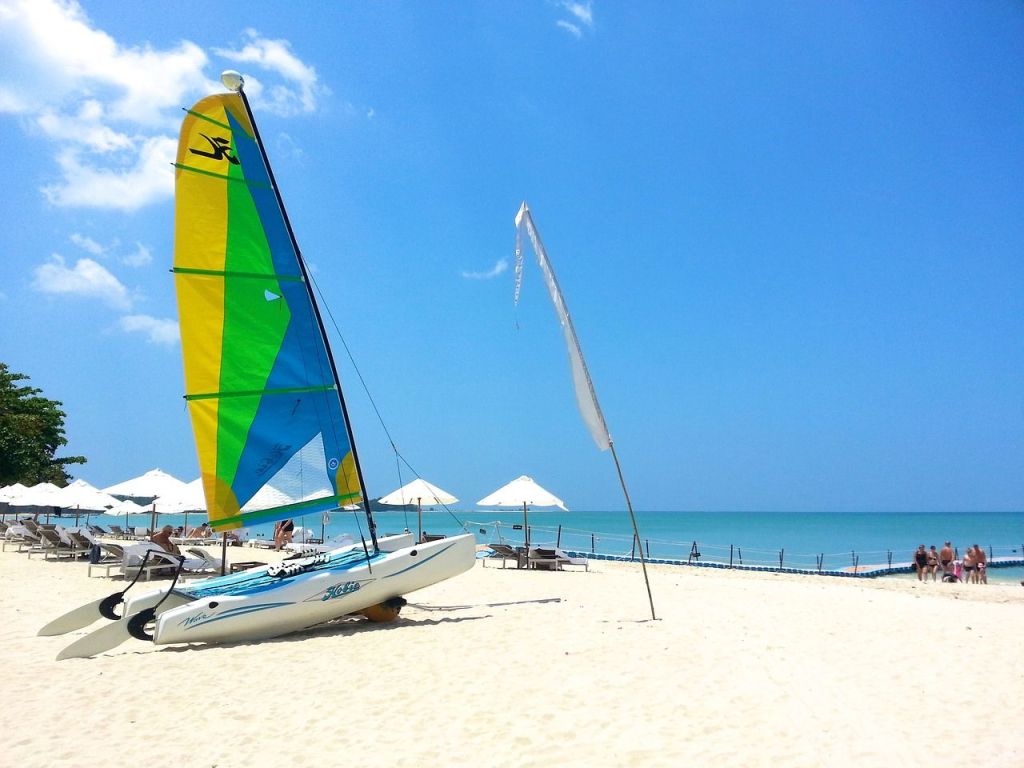Due to higher summer temperatures, tourism trends and the demand in Europe, particularly in Mediterranean countries, is set to undergo a transformation. According to experts, July could become a less popular time for vacationing on the continent, with April emerging as the best period of the year.
Europe Could Lose Up to 10% of Tourists During Summer
In late July, the European Commission adopted a new set of guiding principles aimed at assisting member states in refreshing and implementing comprehensive national climate strategies. The commission’s decision was based on a report by the Intergovernmental Panel on Climate Change, containing numerous pessimistic assessments concerning the future of summer tourism in Europe.
The document titled “Regional Impact of Climate Change on European Tourism Demand” analyzes data from 269 European destinations spanning over 20 years.
The study reveals that while sun and sea were once integral to summer holidays in Europe, the heat has made these aspects less appealing to tourists. With this shift, traditional southern European resorts are likely to lose some of their allure in the coming years.
As outlined in the report, southern European regions could see a nearly 10% decrease in tourist numbers during summer if temperatures rise 3 or 4°C above the seasonal average.
Conversely, the demand for tours to Northern European countries is expected to increase by approximately 5%. Italy, France, Portugal, Cyprus, and Greece are predicted to be among the least favored destinations. Greece might be hit hardest, facing the potential loss of almost one in ten tourists.
High Season Shifting: April Overtaking July
This reshuffling of tourist preferences is also set to introduce new peak travel periods to Europe. April is anticipated to become a more popular time for journeys, with travel during this period projected to increase by 8.89%. In contrast, July is expected to witness the sharpest decline, with an average decrease of 5.72%.
According to the European Travel Commission, this scenario is already becoming a reality, as the number of travelers intending to vacation in Greece, Spain, or Portugal from June to November of this year has decreased by 10% due to abnormal temperatures.
“European resorts need to move away from ‘ultra-seasonal’ tourism. The less reliance on the high season in July and August, the less resort destinations will be dependent on weather factors and anomalies,” the expert report emphasizes.
Fewer Last-Minute Bookings
Analysts also highlight another significant trend: a reduction in last-minute bookings as travelers monitor weather conditions and are hesitant to venture into the “heatwave.”
“The catastrophic climate phenomena we are currently experiencing will primarily affect last-minute bookings. This will lead to ‘hot deal’ offers during the peak season and underutilized resort accommodations,” experts conclude.










